Knot, the new Brooklyn-based band comprised of the former members of cult favorites Krill, have shared “The World,” the latest from their upcoming self-titled debut album. Knot is a bigger, more ruminative version of Krill, but it’s also something that’s distinct unto itself, with a perspective all its own.
Of the song, Knot’s Jonah Furman says “‘The World’ is supposed to be about the experience of wanting to change the world — or maybe the experience of insisting on wanting to change the world. I guess in some basic way it’s just about anti-escapism — what it means to accept the world, your life, the political situation, as real, as something one cannot retreat from, and as something one should try to not want to retreat from, but to push through, look in the face, and demand some kind of transformation. In my head there was the phrase “another world is possible,” which is heard in movements and protests, and seems to be consciously or unconsciously associated with the idea that we can build something parallel or separate from the corrupted and horrific institutions and instantiations of actually-existing society. I want on some level to reject that; not that change can’t happen, but I want to insist that it happens through, not around, the sick and failed parts of human political experience.”
Knot is available for pre-order now and due August 28th via Exploding In Sound.
In Knot, Krill bassist and vocalist Jonah Furman switches to guitar, Krill guitarist Aaron Ratoff handles both guitar and bass, Ian Becker is still on drums, and Joe DeManuelle-Hall, the relative newcomer, also plays guitar.
Where Krill dealt in giddy bursts of energy that explored the ugliest neuroses of twentysomethings, Knot is more restrained and deliberate. All those guitars build off one another, with each member playing their own distinct part-ones that often feel alien from the next-until they all coalesce into these big washes of melodic dissonance. “I think the apotheosis of what we’re trying to do might be a sort of blend of Don Caballero and Bill Callahan,” says Furman. “I think that gets at the principle of the thing, if it overstates both the literary-ness of the songwriting and the complexity of the music.”
To Furman’s point, these songs are capable of being more intricate and layered than anything Krill was able to achieve, and his lyrics match that growth. He’s less focused on his own internal emotions and instead tries to understand the machinations of a world that continues to spin farther away from concepts like justice, kindness, and even common sense. Or as Furman puts it: “These songs are vaguely about deciding whether or not to have kids, whereas Krill songs were vaguely about deciding what to do with your life.”
Throughout Knot, the band deals in tense, evocative moments that unfurl in unexpected ways. “Foam” has the kind of rhythmic push-and-pull of math-rock, but it’s performed in a way that backs up Furman’s lyrics, which sees him looking at a planet in the middle of a full-blown climate crisis and wishing he had been able to spend more time with the people he cared about most. And in the case of a song like “Fallow,” he even ruminates on what it means to start a new artistic project in the midst of all this. “It’s about creative productivity and its opposites, and how one goes from thinking artistic activity is useless or pointless, to seeing some worth in it again, or letting it be a part of one’s life again,” says Furman.
The result is that Knot is a record that’s the product of four friends making music because they found worth in that process, even if they weren’t all living in the same geographic area and only had a single weekend to record it. But those challenges allowed the songs to take shape naturally, making each moment more creatively considered than impulsive. “They all took a long time,” says Furman of the songs on Knot. “We weren’t all living in the same place. Actually, they came quickly when we were in the same place-there was nothing that took a lot of workshopping.”
Taken in full, Knot is both a logical continuation and a fresh start. Knot isn’t a band in the traditional sense, and that full embrace of making art on the members’ own terms is what makes the album so evocative. “In general I think the project was less masterminded than Krill, and more open to itself becoming whatever it might become,” says Furman. “I think that’s felt, in some way, in the actual music, but hard to articulate.” Knot exists because the players found creative fulfillment in it, and maybe, for once, that’s enough.


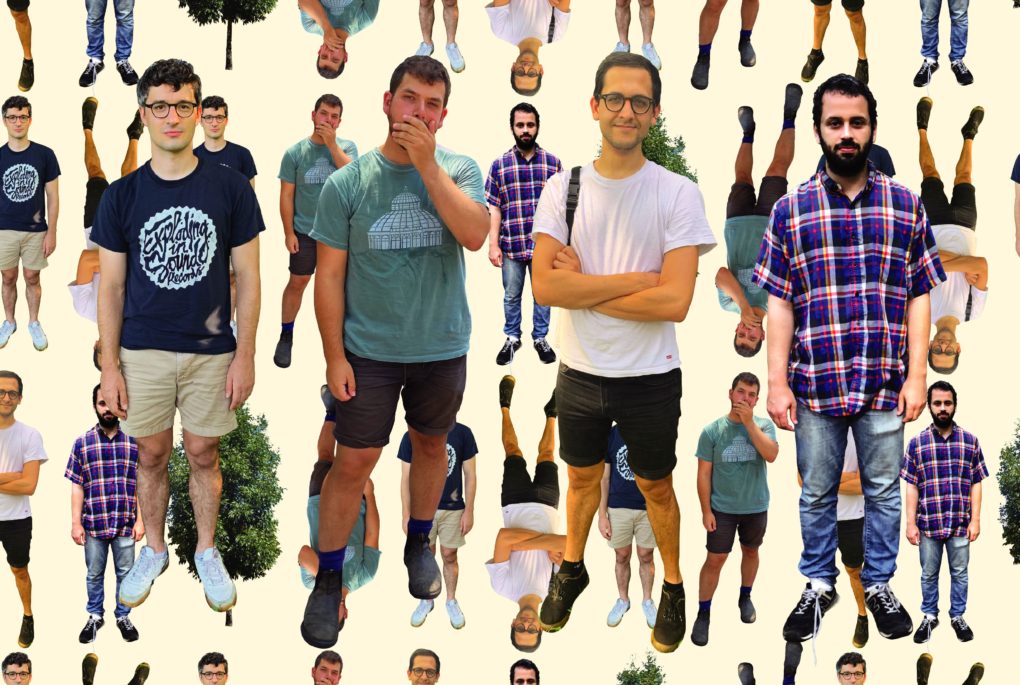
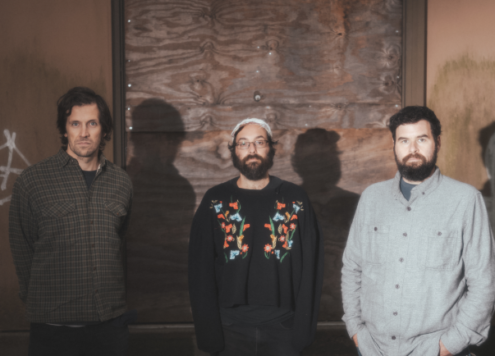
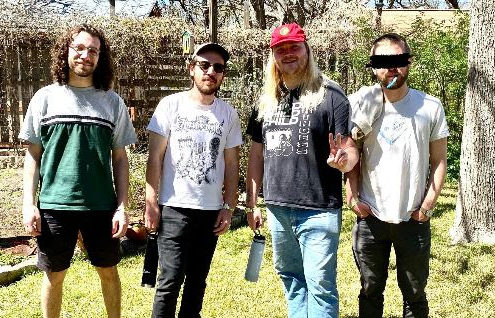
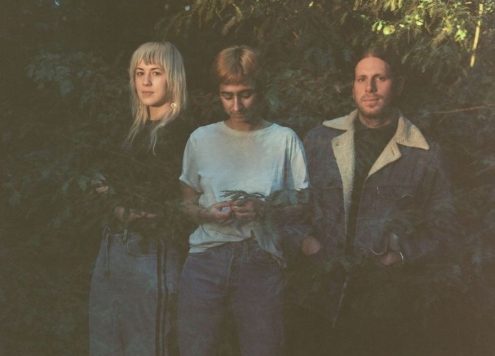

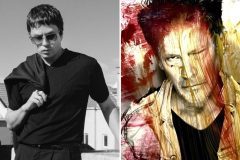
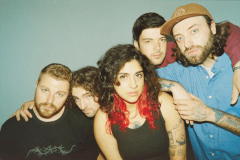
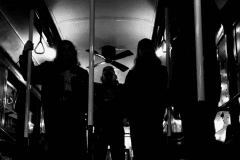

Social Media